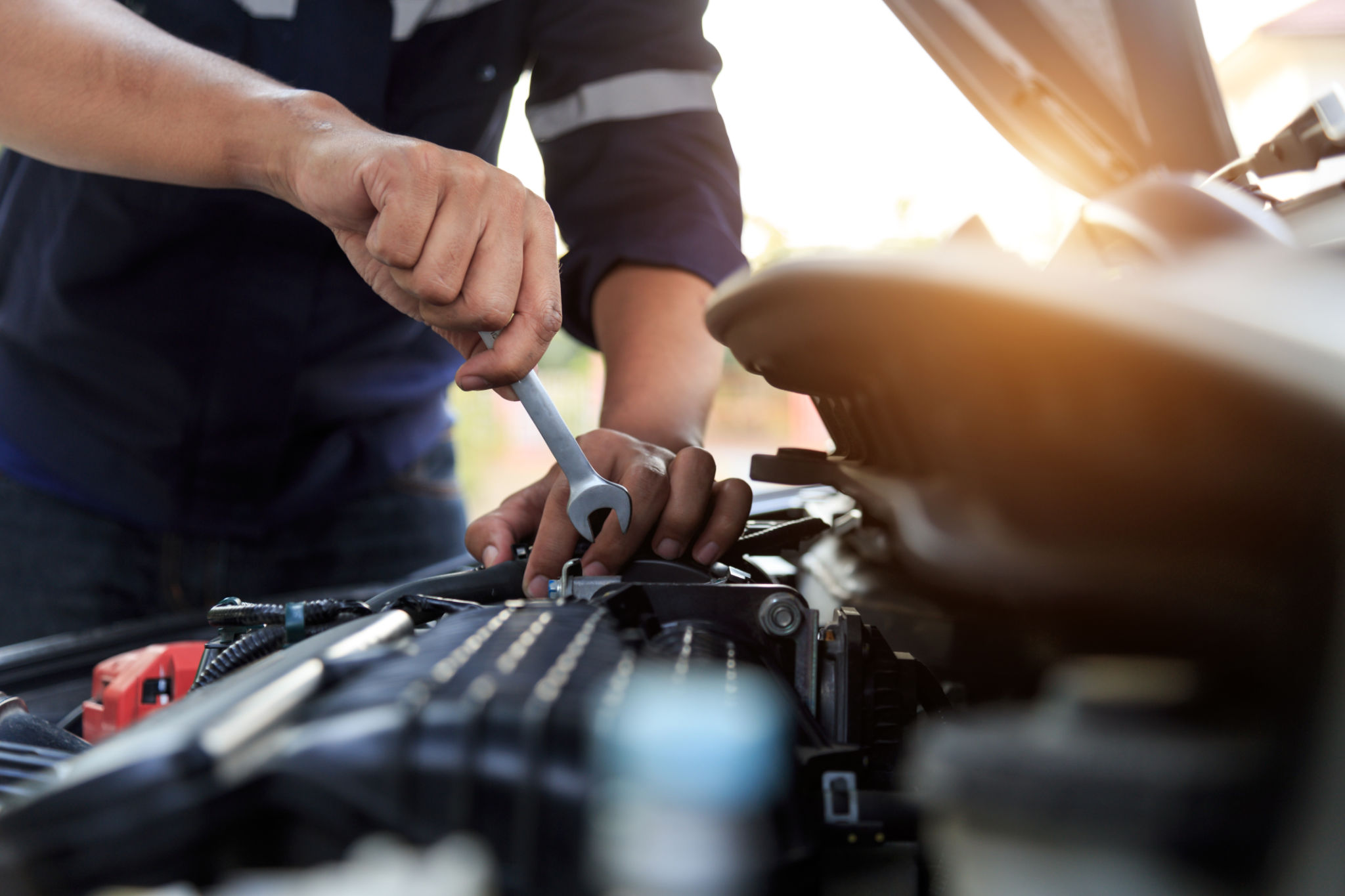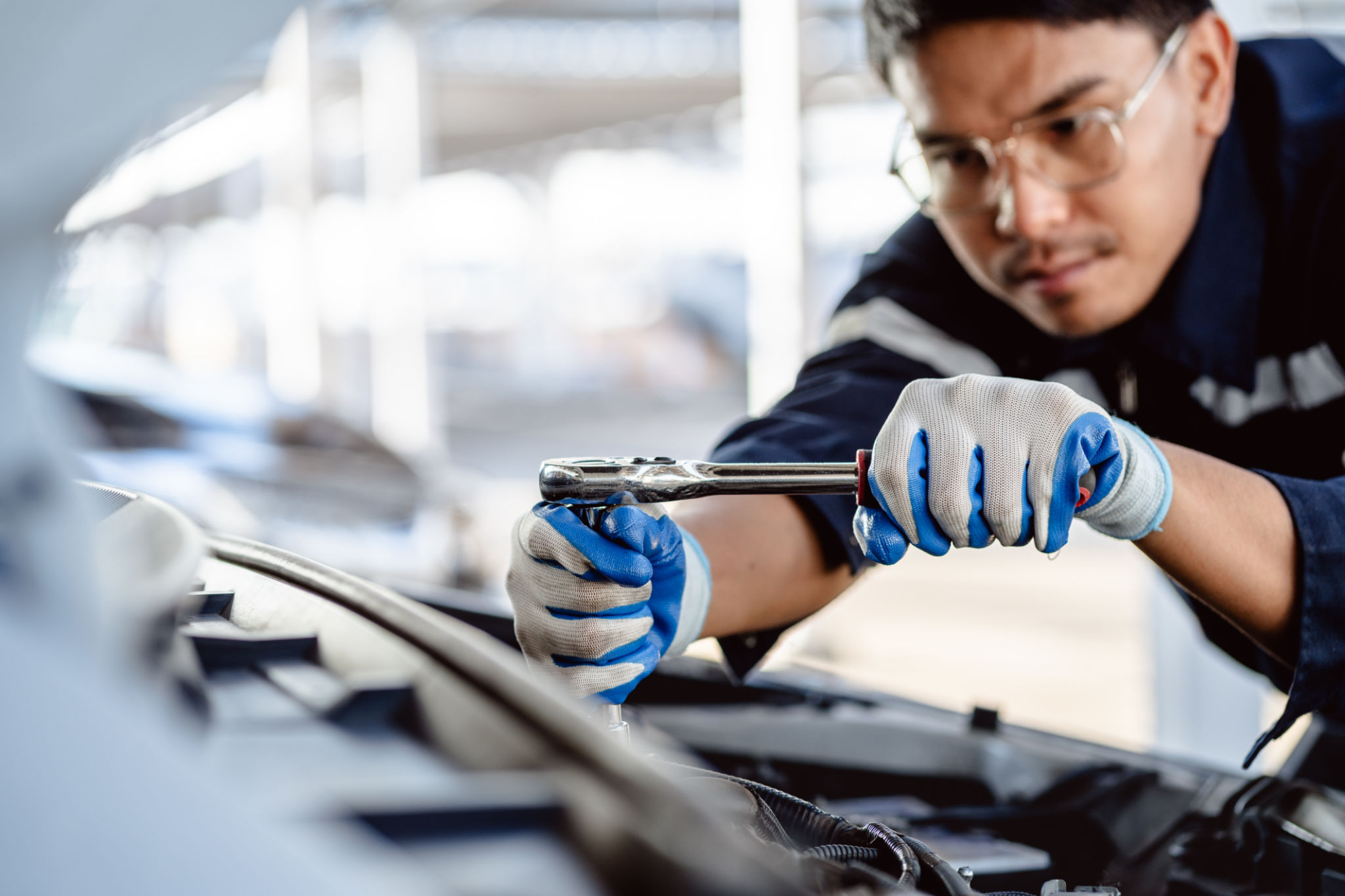Expert Insights: The Importance of Regular Vehicle Maintenance
Understanding the Basics of Vehicle Maintenance
Regular vehicle maintenance is a vital part of ensuring your car runs smoothly and safely. It involves routine checks and replacements that prevent potential problems before they escalate into costly repairs. By keeping up with maintenance, you not only extend the lifespan of your vehicle but also enhance its resale value. Vehicles are complex machines, and understanding their needs can significantly impact performance and longevity.

Key Benefits of Regular Maintenance
There are several benefits to adhering to a regular maintenance schedule. Firstly, it improves fuel efficiency. A well-maintained engine runs more efficiently, saving you money at the pump. Secondly, it enhances safety by ensuring critical components like brakes and tires are in top condition. Lastly, regular maintenance can prevent major breakdowns, which are often inconvenient and expensive.
Let's break down some specific advantages:
- Fuel Savings: Properly inflated tires and a clean air filter can significantly reduce fuel consumption.
- Longevity: Regular oil changes keep your engine clean and running smoothly, which prolongs its life.
- Resale Value: A well-documented maintenance history increases your car's value when selling.
The Role of Professional Technicians
While many car owners perform basic maintenance tasks themselves, involving a professional technician is crucial for more complex issues. These experts have the tools and expertise to identify potential problems that might not be visible to the untrained eye. Regular visits to a professional can help in diagnosing issues early, preventing them from turning into major repairs.

Common Maintenance Tasks
Several routine tasks should be part of any vehicle maintenance schedule. Oil changes, tire rotations, brake inspections, and fluid level checks are among the most common. Each of these tasks plays a crucial role in maintaining vehicle performance and safety. For example, regular oil changes keep the engine lubricated and running efficiently, while timely brake inspections ensure your safety on the road.
Here is a basic maintenance checklist:
- Change engine oil and filter regularly.
- Check tire pressure and tread depth.
- Inspect brakes and replace worn pads.
- Check and top off all fluids, including coolant and brake fluid.
- Replace windshield wipers as needed.
The Financial Perspective
Some vehicle owners may hesitate to invest in regular maintenance due to cost concerns. However, neglecting these tasks can lead to far more expensive repairs down the line. For instance, a simple oil change is much cheaper than replacing an engine damaged by neglect. When you consider the potential savings on major repairs, regular maintenance is a wise financial decision.

Sustainability through Maintenance
The environmental impact of regular vehicle maintenance is often overlooked. Properly maintained vehicles produce fewer emissions, contributing to cleaner air and a healthier environment. By ensuring your car runs efficiently, you are playing a part in reducing its carbon footprint.
In conclusion, regular vehicle maintenance is not just about keeping your car in good shape—it's about ensuring safety, saving money, and contributing to a cleaner environment. By staying proactive with your vehicle's needs, you can enjoy reliable performance for years to come.